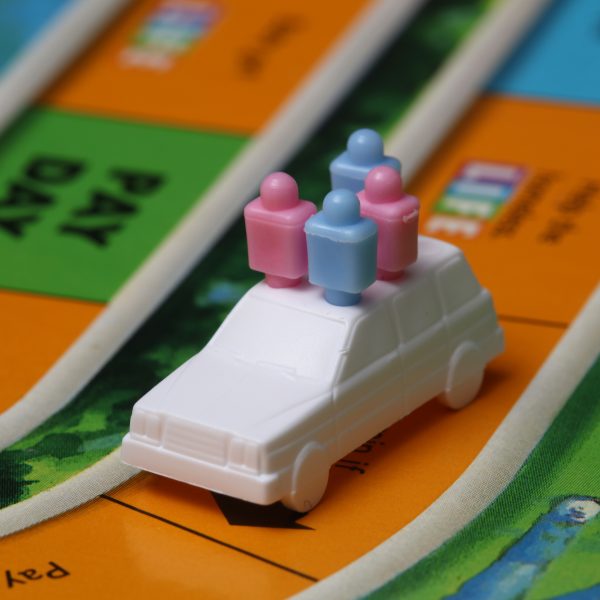Children who play board games have stronger math skills, researchers find

While board games have been proven to enhance children’s learning and development in the literacy arena, new research from Pontificia Universidad Católica de Chile has shown the same is true for mathematics.
The comprehensive review of research published on the topic over the last 23 years has shown that playing board games that focus on numbers (such as Monopoly, Othello or Snakes and Ladders) a few times a week, supervised by a teacher or another trained adult, boosts children’s numeracy skills.
Published in the peer-reviewed journal Early Years, the study focused on children aged between three and nine years, using number-based board games to learn more about the way in which the games would, or would not, improve counting, addition, and the ability to recognise if a number is higher or lower than another.
Findings were based on a review of 19 studies published from 2000 onwards, lead author Dr Jaime Balladares explained.
All children participating in the studies received special board game sessions which took place on average twice a week for 20 minutes over one-and-a-half months. Teachers, therapists, or parents were among the adults who led these sessions.
In some of the 19 studies, children were grouped into either the number board game or to a board game that did not focus on numeracy skills. In others, all children participated in number board games but were allocated different types, e.g. Dominoes.
All children were assessed on their math performance before and after the intervention sessions, which were designed to encourage skills such as counting out loud.
Success was rated by the researchers using four categories including basic numeric competency such as the ability to name numbers, and basic number comprehension e.g. ‘nine is greater than three’.
The other categories were deepened number comprehension – where a child can accurately add and subtract – and interest in mathematics.
Results showed that math skills improved significantly after the sessions among children for more than half (52 per cent) of the tasks analysed.
In nearly a third (32 per cent) of cases, children in the intervention groups gained better results than those who did not take part in the board game intervention.
To access the study in full, please see here.
Popular

Quality
Practice
Provider
Research
Workforce
Honouring the quiet magic of early childhood
2025-07-11 09:15:00
by Fiona Alston

Policy
Practice
Provider
Quality
Workforce
Minister Jess Walsh signals urgent action on safety and oversight in early learning
2025-07-11 08:45:01
by Fiona Alston

Workforce
Policy
Quality
Practice
Provider
Research
The silent oath: Why child protection is personal for every educator
2025-07-17 09:00:31
by Fiona Alston











